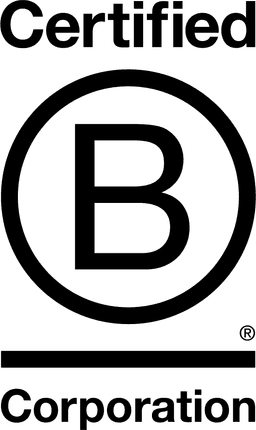

Joelson LLP

London Borough of Camden, United Kingdom
July 2023
Legal activities
Service with Minor Environmental Footprint
United Kingdom
Joelson is a partner led London law firm, passionate about helping founders, entrepreneurs, key decision makers, property owners and developers who love what they do, from their very first investment round through to exit, property transactions, disputes and employment issues. Joelson prides itself on long term client relationships, being trusted advisors to many of their clients. Joelson is the go-to law firm for businesses operating in a range of sectors, including food & drink, real estate, technology, media, hospitality & leisure, retail & fashion, and media & publishing. The team at Joelson is entrepreneurial in spirit and they are a true problem solvers. Joelson helps companies and individuals navigate growth either by acquisition or organically and provides a holistic service being able to advise on matters such as fundraising, IP, manufacturing agreements, employment issues, property conveyancing and all property transactions and disputes. Being a responsible business is at the core of what Joelson does, recognizing the importance of creating a fair and equal working environment and ensuring that they operate ethically. This is why they place great emphasis on taking care of their employees and managing their social and environmental impact within the community.
Overall B Impact Score
Governance 17.0
Governance evaluates a company's overall mission, engagement around its social/environmental impact, ethics, and transparency. This section also evaluates the ability of a company to protect their mission and formally consider stakeholders in decision making through their corporate structure (e.g. benefit corporation) or corporate governing documents.
What is this? A company with an Impact Business Model is intentionally designed to create a specific positive outcome for one of its stakeholders - such as workers, community, environment, or customers.
Workers 34.0
Workers evaluates a company’s contributions to its employees’ financial security, health & safety, wellness, career development, and engagement & satisfaction. In addition, this section recognizes business models designed to benefit workers, such as companies that are at least 40% owned by non-executive employees and those that have workforce development programs to support individuals with barriers to employment.
Community 20.2
Community evaluates a company’s engagement with and impact on the communities in which it operates, hires from, and sources from. Topics include diversity, equity & inclusion, economic impact, civic engagement, charitable giving, and supply chain management. In addition, this section recognizes business models that are designed to address specific community-oriented problems, such as poverty alleviation through fair trade sourcing or distribution via microenterprises, producer cooperative models, locally focused economic development, and formal charitable giving commitments.
Environment 12.7
Environment evaluates a company’s overall environmental management practices as well as its impact on the air, climate, water, land, and biodiversity. This includes the direct impact of a company’s operations and, when applicable its supply chain and distribution channels. This section also recognizes companies with environmentally innovative production processes and those that sell products or services that have a positive environmental impact. Some examples might include products and services that create renewable energy, reduce consumption or waste, conserve land or wildlife, provide less toxic alternatives to the market, or educate people about environmental problems.
Customers 2.0
Customers evaluates a company’s stewardship of its customers through the quality of its products and services, ethical marketing, data privacy and security, and feedback channels. In addition, this section recognizes products or services that are designed to address a particular social problem for or through its customers, such as health or educational products, arts & media products, serving underserved customers/clients, and services that improve the social impact of other businesses or organizations.